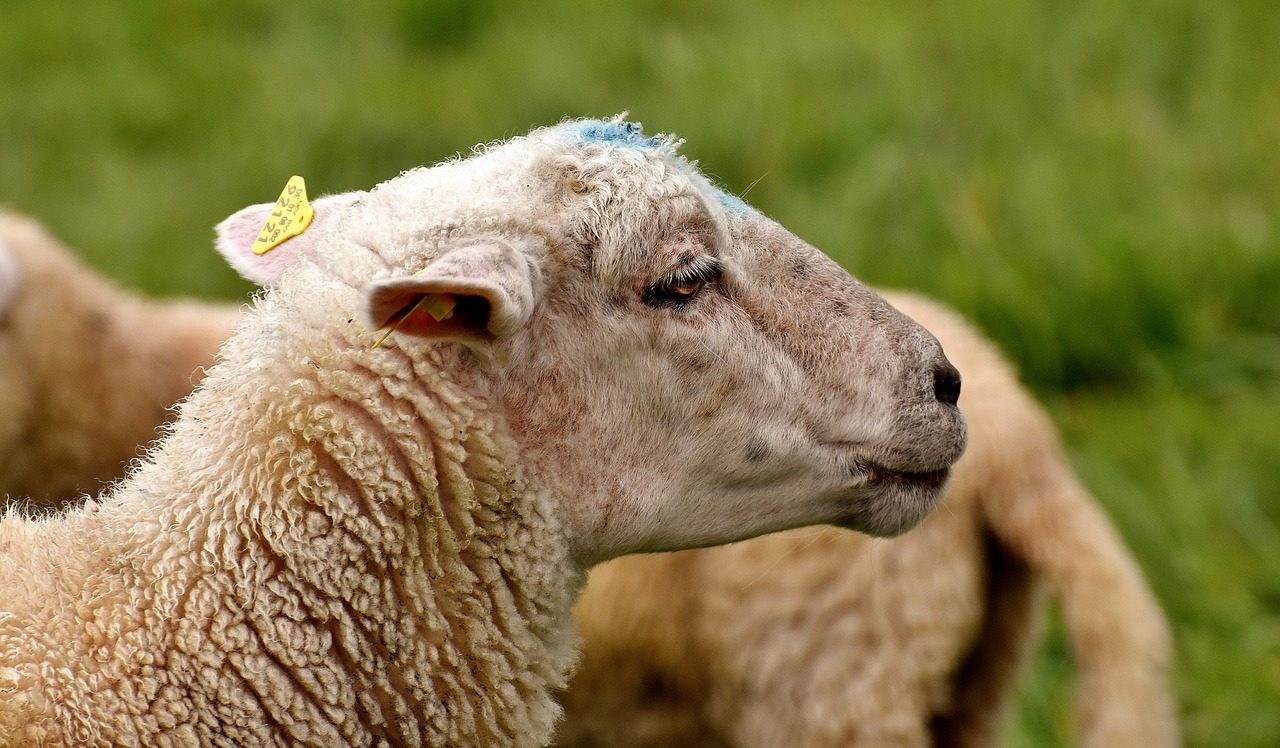The Australian Labour party has called for a ban on the live export of sheep for overseas slaughter.
“[W]e see no future for the live sheep export trade,” said the agriculture spokesman for Labor, Joel Fitzgibbon. If elected, the party intends to implement a ban on the export of live sheep.
It is already illegal to export live animals to Indonesia from “down under;” legislation preventing this journey came into effect during the Gillard administration in June 2011. The ban was put in place following an ABC TV 4 Corners investigation that exposed animal cruelty present in Indonesian abattoirs.

Currently, Australia exports three million live animals for overseas slaughter every year. Many of the livestock do not survive the journeys they endure, as poor ventilation and high temperatures lead to heatstroke and dehydration — prominent issues for woolen sheep. During journeys, which can last months at a time, livestock are fed a concentrated diet and much of the population reject the unfamiliar food.
Additionally, animals produce high levels of waste products during shipment. The gas excreted contains ammonia that accumulates to a high level on an enclosed ship, irritating the eyes, nasal cavities, and respiratory systems of the livestock.
Although the practice has been employed since the times of early settlers, migration, and colonization, it is only in recent years that the welfare of the animals on live export journeys has been investigated. Recently, the Welsh government called for more evidence to launch a UK-wide ban of live export after a petition on the issue was debated in Parliament.

Additionally, last year, the subject of animal exports received a flurry of media attention after the expose of the unhygienic conditions that two-and-half-thousand sheep endured during shipment from Australia to the Middle East. The attention led to the involvement of the Israeli high court, who demanded further investigation.
Increasingly, the public is expressing concern over the welfare of animals in the food system. Data from late last year revealed 70 percent of Americans felt some “discomfort” regarding the way animals are treated for food. Notably, animal welfare continues to be the leading reason behind those switching to a plant-based diet and is also said to be behind the boost in demand for vegan meat products.


